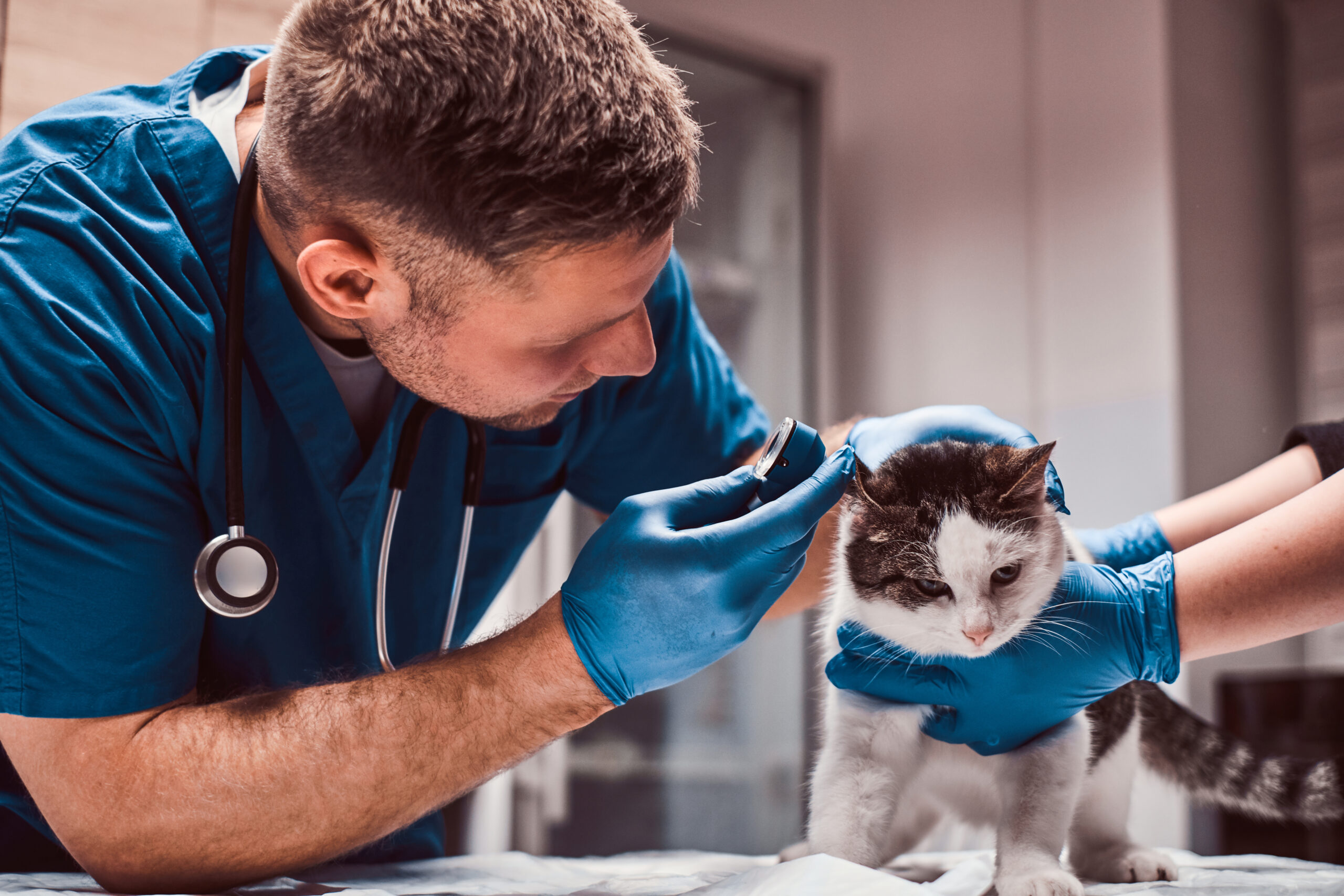Key Takeaways:
- Veterinary innovation isn’t limited to technology; it includes ideas, processes, and creative solutions.
- Practice leaders and veterinarians can promote innovation by prioritizing foundational skills and encouraging exploration.
- Innovation flourishes in a psychologically safe environment where team members feel comfortable thinking outside the box.
In a recent mentee workshop, I invited a guest to speak about how new technologies could help new veterinarians improve their efficiency. It felt like an informative presentation with a lot of practical takeaways.
But apparently, I was the only one who felt that way.
The post-attendance reviews were negative. My mentees were disappointed. But it wasn’t the speaker’s fault. It was the content. These tech-enabled time savers weren’t the kind of innovations new grads needed to be more efficient. They were seeking something more fundamental—the nuances of vet med. The things that we seasoned veterinarians take for granted as part of our normal routine or style.
I realized that the most impactful innovations for new veterinarians aren’t technological, they’re practical. Rather than trying to solve every challenge with something new, what if we reexamined what’s already here?
Beyond tech: Rethinking innovation in veterinary medicine
There is no denying that technological innovation has an important place in veterinary medicine. I’ve written about its time-saving applications several times here on the blog. But, relying too much—or too soon—on technology to save time can potentially hinder new veterinarians. Dependence on technological innovations—rather than practical ones—may result in missed opportunities to build a strong foundation, develop their personal style, and sharpen their problem-solving skills.
In other words, while AI-enabled notation software can speed charting, it won’t tell a new grad how to professionally escape the clutches of a chatty client or delegate tasks to a vet tech who is twice their age. By broadening our concept of innovation beyond just technology, we can begin to view the familiar with fresh eyes and better equip the next generation.
Unplugged: Clinical innovations for new graduates
Today’s graduates grew up with technology, but when it comes to clinical innovation, they’re seeking something far more fundamental. Those mentees who attended my workshop were craving insights from experienced veterinarians, well-honed hacks, and hands-on skills, such as:
- Surgical techniques — While new veterinarians generally have a solid grasp of the basics, sharing nuanced techniques with mentees can help build proficiency, efficiency, and confidence. Cross-generational relationships and information sharing may even lead to the next surgical advancement!
- Exam room procedures — The exam room is a minefield of potential time loss. Incorporating strategies such as having a script, creating a physical exam routine, or setting a timer can help new grads maximize focus and productivity without compromising thoroughness. These seemingly small, low-tech adjustments may not seem innovative to you, but remember how transformational they were for you as a new grad!
Innovative communication: New ways to connect with pet owners
Technology has enhanced client communication, but it is no substitute for how we connect with pet parents. A focused discussion, a well-timed phone call, or simply listening to the client’s concerns, fears, and frustrations are the building blocks of the best possible care.
Effective communication is one of the greatest, but most overlooked, efficiency tools. Taking the time to listen closely, speak clearly, and relay clinical information in a way that is easy for clients to process eliminates confusion, builds trust, and fosters compliance—saving time not only today but for the pet’s lifetime.
Communication-related innovations include sharing insights on how to navigate challenging conversations, overcome objections, and work with clients as collaborators using shared decision-making. Adopting better communication techniques will do more for new graduates than merely save time, it will make them more confident and competent clinicians.

Fostering innovation as a new veterinarian or practice leader
The beauty of this kind of innovation is that we are all capable of it! By combining two of my favorite things, curiosity and collaboration, everyone can have a hand in making our profession not merely more efficient, but stronger, healthier, and better for all.
Here are a few ways to promote innovation for yourself or those around you, regardless of your position in practice.
- Seek mentorship — Mentorship doesn’t have an age limit. If you want to learn something, seek out an expert who can offer guidance, feedback, and support so that you can develop skills and confidence.
- Embrace continuous learning — Don’t settle! Pursue the niches that interest you, the challenges that make you say, “There has to be a better way,” and the areas that challenge you. Stay current on foundational and cutting-edge practices and keep your mind open and flexible to new ideas and methods.
- Get curious and critical with problem-solving — Most veterinary professionals enjoy puzzles, so this should be easy. Focus on analyzing each case thoroughly. Sharpen your skills by providing individualized care and talking through various treatment options with your client.
- Practice psychological safety — Foster a psychologically safe environment where it is safe to voice new or nontraditional ideas. In a psychologically safe practice, you and your colleagues will be able to meet uncertainty with curiosity, not frustration, and use it as a time to lean on your network, ask for help, or brainstorm with a colleague. Don’t be afraid to think outside the box—that’s where breakthroughs lie!
In a tech-driven world, it’s easy to forget that efficiency isn’t always a matter of having the latest software or device. Embracing innovation as a way of thinking, and rethinking, maximizes not only our time, but our chances of being the best veterinarians, employers, mentors, and colleagues we can be.
Ready, Vet, Go Veterinary Mentorship is an innovative online program and community that helps new and early career veterinarians build confidence, gain independence, and experience greater joy. Visit our FAQ page to learn more about what we offer or get in touch with our team

